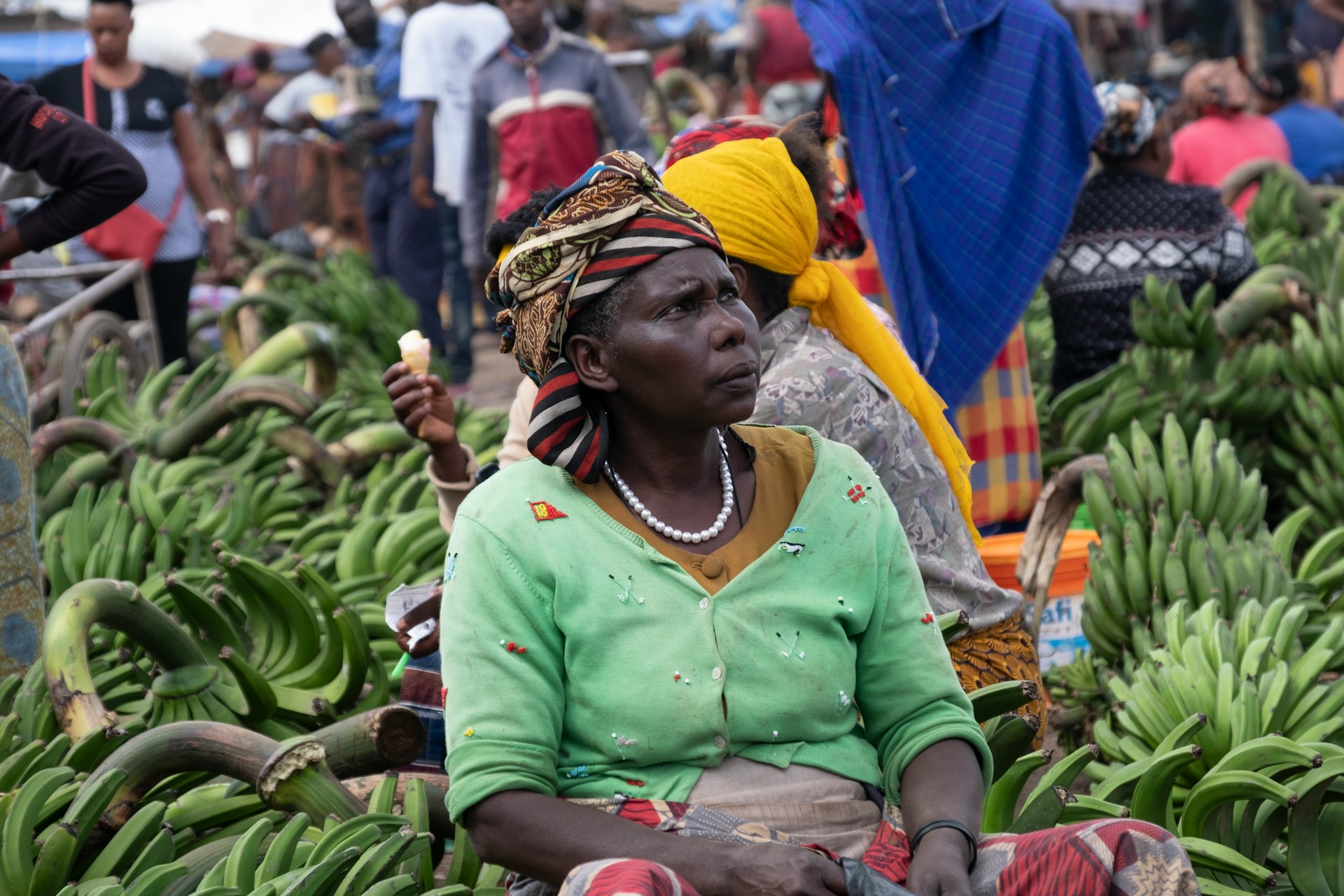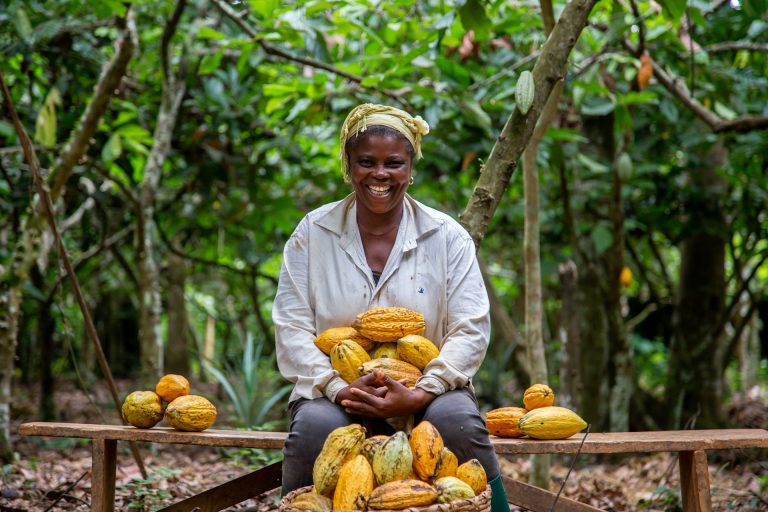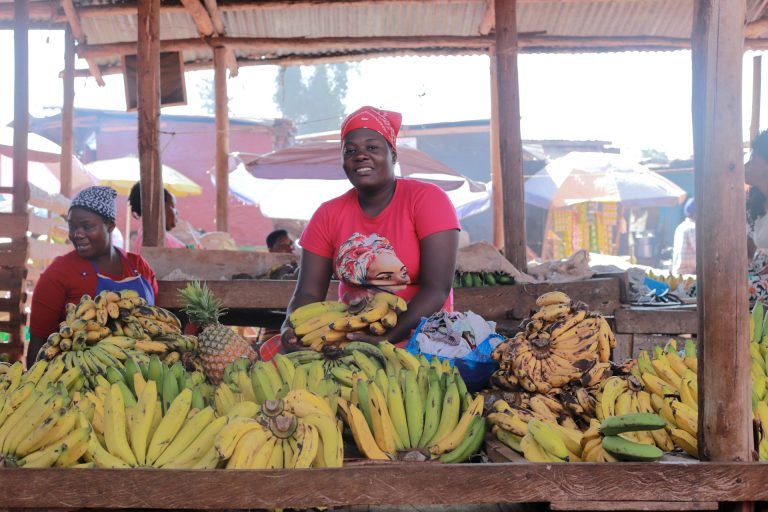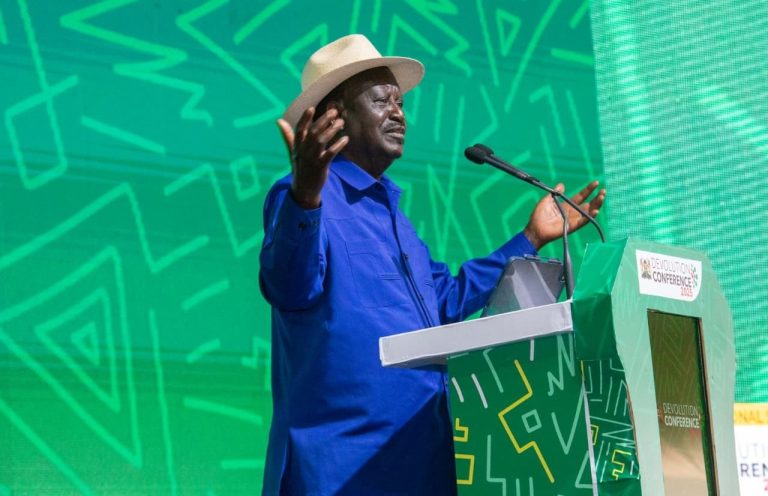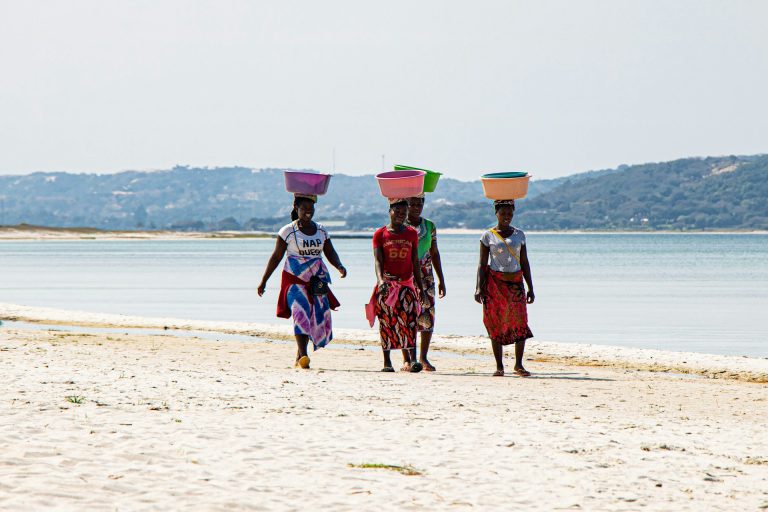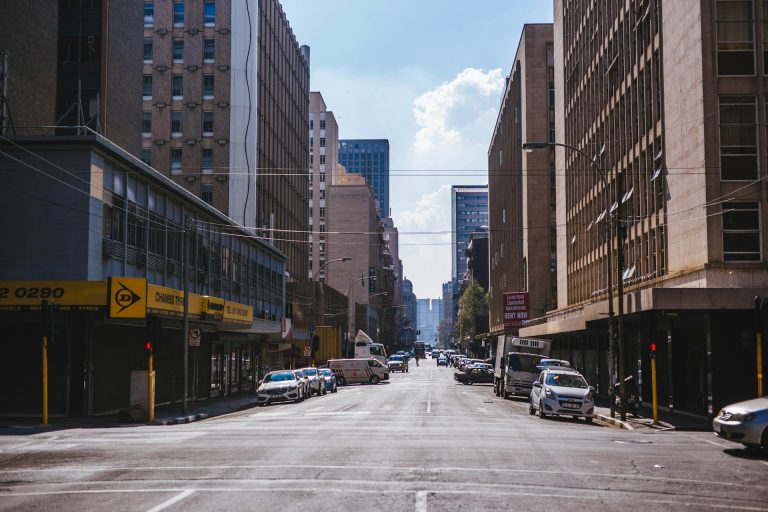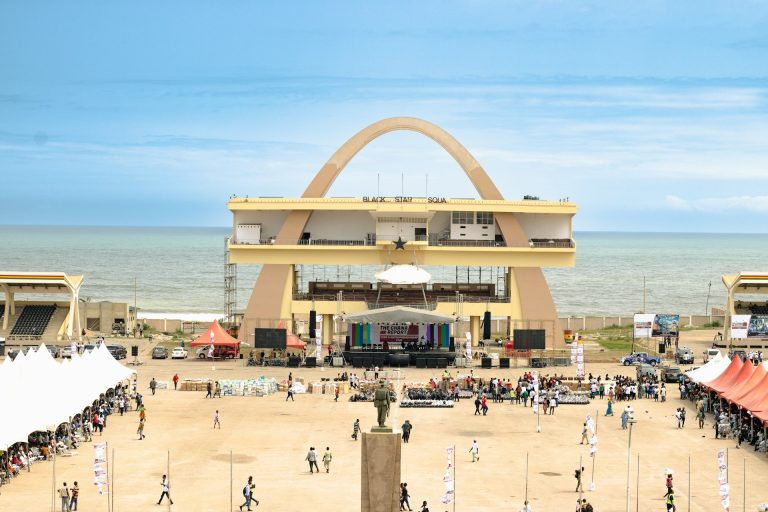The record success of the Intra-African Trade Fair in Algeria has reignited calls for the continent to trade more with itself in a volatile global economy.
When the curtains fell on the 2025 Intra-African Trade Fair (IATF) in Algiers this week, the message was clear: Africa has the potential to thrive if it trades with itself.
Deals worth $48.3 billion were sealed, far surpassing expectations, but experts warn that unless intra-African trade is intensified, such momentum may fizzle in the face of global economic headwinds.
“By all measures, including the number of buyers, visitors, exhibitors, and countries, as well as the value of deals made, this has been the best we have seen,” Afreximbank President Benedict Oramah said at the closing press conference.
The IATF, now in its fourth edition since its launch in Cairo in 2018, has become a showcase of Africa’s economic ambition. From $20 billion in deals in its first year, the fair has grown into a continental marketplace for buyers, sellers, and investors.
A continental promise under strain
Despite the progress, intra-African trade remains stubbornly low. According to the United Nations Economic Commission for Africa (UNECA), it accounts for only around 15% of Africa’s total trade—compared to nearly 70% in Europe, 60% in Asia, and 40% in North America.
“The figures show that Africa is still largely dependent on external markets, exporting raw commodities to China, the European Union, and the United States, while importing finished goods at a premium,” said Emmanuel Bensah Jnr, a regional integration and cooperation expert.
Indeed, the numbers underscore the challenge. In 2023, Africa’s trade with China alone was valued at $282 billion, according to China’s Ministry of Commerce. EU-Africa trade stood at €265 billion ($288 billion), while U.S.-Africa trade was worth about $74 billion. These figures dwarf intra-African trade, which hovers around $170 billion annually.
“The geopolitical tensions we are seeing—from U.S.-China trade disputes to the Ukraine war—are reminders that Africa cannot continue to put its eggs in external baskets. If we want resilience, we must build markets at home,” Bensah told Allen Dreyfus.
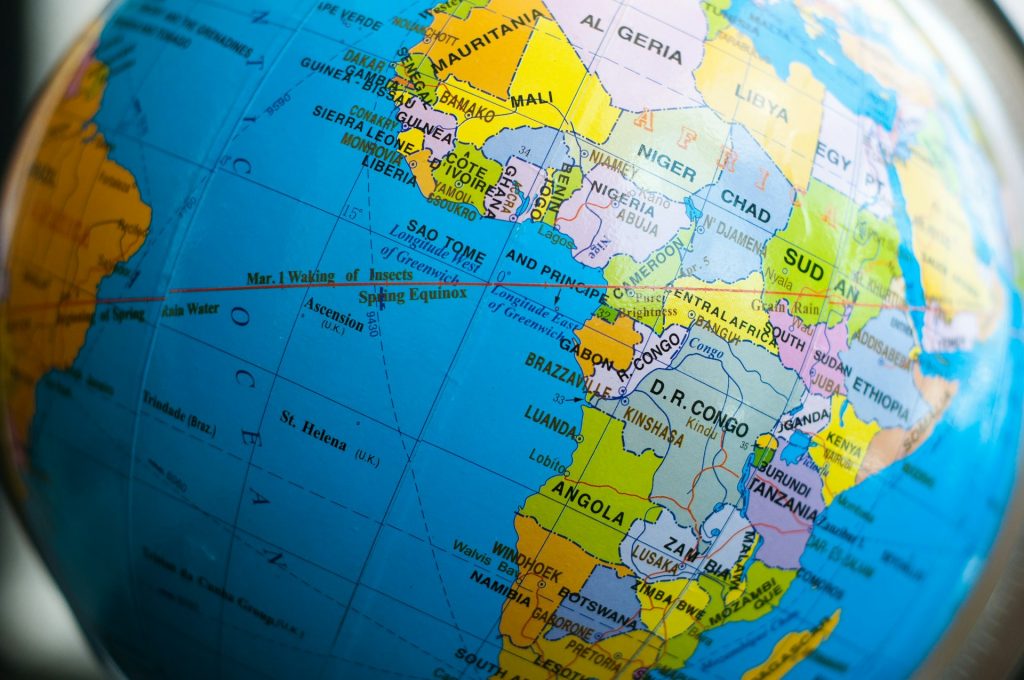
Why intra-trade matters now
The global economy is increasingly marked by protectionism, tariff wars, and supply chain disruptions. For Africa, which remains heavily dependent on imports of food, fuel, and manufactured goods, the risks are stark.
Oramah himself stressed that while the IATF had become an institution, more must be done to mobilise African financial institutions to support trade and investment. “Apart from the challenge of trade information, the lack of capital to finance projects and trade, as well as the ability to manage risks on the continent, are serious issues,” he said.
Bensah agreed, adding: “Intra-African trade is not just about goods and services. It is about jobs, industrialisation, and resilience. Every time African countries trade with each other, they are retaining value within the continent and building capacity that cushions against external shocks.”
The African Continental Free Trade Area (AfCFTA), launched in 2018, was designed to unlock this potential. It aims to eliminate tariffs on 90% of goods and create a single market of 1.4 billion people with a combined GDP of $3.4 trillion. Yet implementation has been slow, hindered by inadequate infrastructure, weak logistics, and fragmented regulations.
Turning momentum into reality
For observers, the $48.3 billion worth of deals signed in Algiers is only the beginning. The challenge lies in ensuring these agreements translate into functioning projects.
“In the future, the taste of the pudding is in the eating,” Oramah said. “It is the extent to which we implement the deals signed here that will count. So, as we have done in the past, Afreximbank will follow up on all the deals and make sure that by the time we get to Lagos in 2027, most of them are completed.”
The bank has already approved $28 billion as seed capital for the new IATF Headquarters in Zimbabwe, underscoring its commitment. Yet experts stress that more African banks, insurers, and governments need to back the initiative with hard cash and policies that ease cross-border trade.
“There is a golden opportunity here,” Bensah said. “The world is fragmenting into competing blocs. Africa should not be caught in the crossfire but must instead focus on building internal strength through trade and integration. If we fail to act, we will remain at the mercy of external powers.”
For a continent often described as the world’s last frontier of growth, the stakes could not be higher. The success of the Algiers trade fair may have set the tone, but the real test lies in Africa’s ability to convert ambition into action—and deals into jobs and industries that can transform its economies from within.
